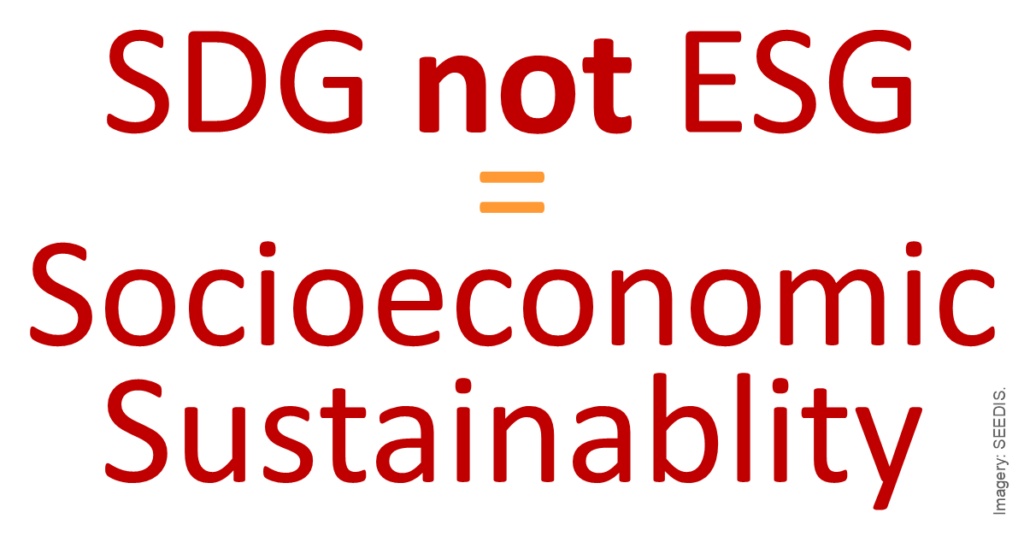Gregory Autin | November 21, 2024
ESG ratings measure the environmental, social and corporate governance (ESG) risk in the performance of companies. They provide information on the sustainability performance of a company or financial instrument by assessing its exposure to sustainability risks and its impact on the environment, people as well as corporate governance.
On November 19, the Council of the EU adopted a new regulation on ESG ratings with the aim of making ESG rating activities in the EU more uniform, transparent and comparable in order to strengthen investor confidence in “sustainable” financial products (see “Environmental, social and governance (ESG) ratings: Council greenlights new regulation”). The new regulation is intended to increase the reliability and comparability of ESG ratings by improving the transparency and integrity of ESG rating providers' activities.
ESG ratings have an increasingly important influence on capital markets and investor confidence in sustainable investment products. ESG ratings are intended to facilitate the assessment of a company’s sustainability profile or financial instrument by evaluating its impact on society and the environment as well as the company’s risks regarding sustainability. It also introduces the principle of separation of business and activity to prevent potential conflicts of interest.
ESG rating providers established in the EU will have to be authorized and supervised by the European Securities and Markets Authority (ESMA). The ESG rating providers will have to then comply with transparency requirements with respect to their methodology and sources of information. Although the ratings will be based on an “equivalence decision”, there is no global definition of ESG or standardized ESG rating metrics, nor are the rating agencies' proprietary rating models target- or process-oriented.
Albeit well-intended and laudable, the new regulation will likely exacerbate current confusion and the flight of capital and companies from the EU to countries that are less serious about socioeconomic and ecological sustainability.


